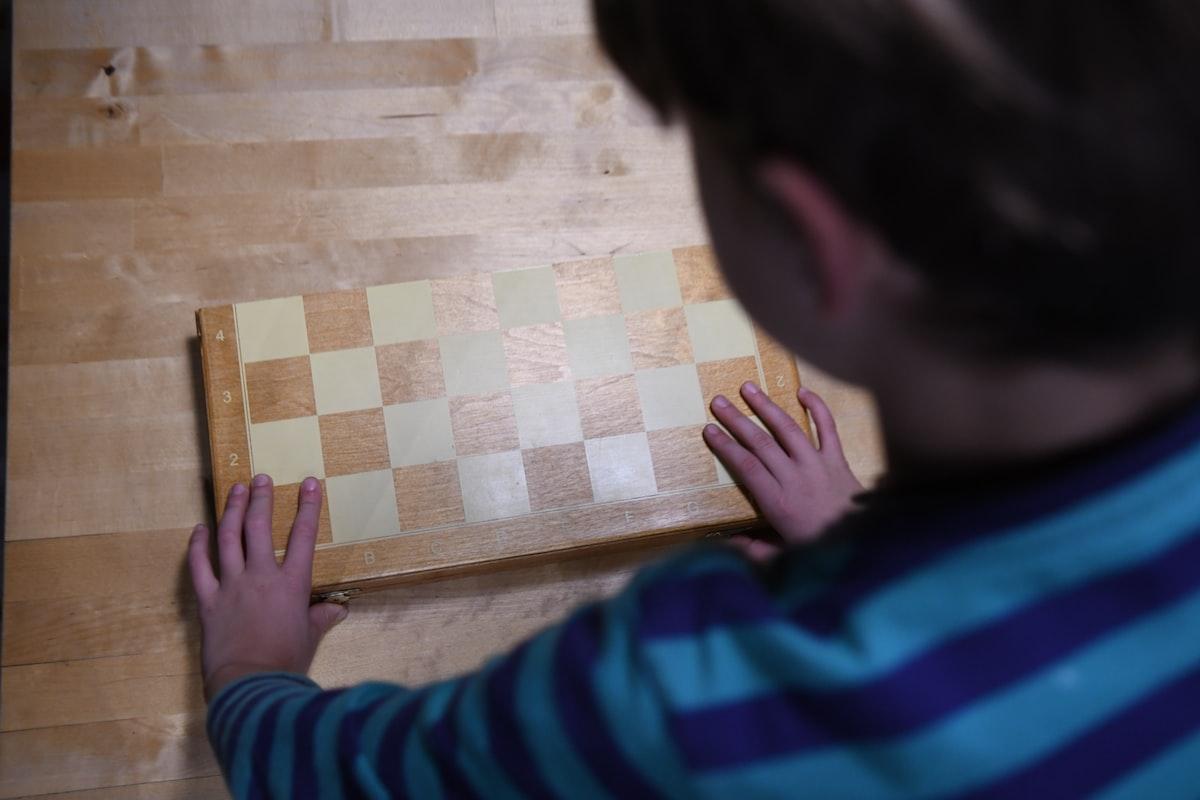Chess is a strategic board game that has fascinated people for centuries. It requires a great deal of analytical thinking, problem-solving, and planning ahead. In chess, players take turns moving their pieces across the board with the ultimate goal of capturing the opponent’s king. To make the game more challenging, the use of a chess clock was introduced. A chess clock is a time-keeping device used in competitive chess games to ensure that each player has an equal amount of time to make their moves. This invention has revolutionized the game, adding a new level of complexity and excitement to an already intense and challenging activity. In this article, we will discuss the importance of chess clocks, how they work, and explore the different types of games in which they are used.
Why Chess Clocks are Essential for Competitive Play

A chess clock is designed to keep track of the time each player takes to make their moves. Typically, each player has a set amount of time, and they must make their move within this allotted time. Once they have made their move, they hit the clock button, which stops their time and starts their opponent’s. If a player takes too long to make their move, their time runs out, and they lose the game by default. This adds an additional layer of strategy to the game, as players must not only focus on making good moves but also must manage their time effectively. Chess clocks also prevent stalling or slow play, ensuring that both players have a fair chance of winning the game. Without clocks, a game of chess could potentially go on for hours, even days, with no end in sight.
Importance of Chess Clocks in Fair Play

The use of a chess clock is essential in ensuring fair play and time management. It encourages players to think quickly, make decisions, and analyze the board faster, testing both their mental and physical agility. A chess clock helps to prevent players from taking too long to make their moves, which may be used as a tactic to wear out their opponent. Additionally, it ensures players have the same amount of time to think and strategize, and no one has an unfair advantage. In a tournament setting, where multiple games are played in a single day, the use of a chess clock is particularly important to keep the competition moving along. Overall, the chess clock has become an integral part of the game, and it adds an exciting element to an already intriguing and challenging activity.
How Chess Clocks Enhance Strategy
A basic chess clock has two buttons, one for each player. The player who completes their move clicks their button, causing their opponent’s clock to start. The clock will continue to run until the player taps their button, indicating that they have made their move. If a player’s time runs out, they lose the game, even if they were in a better position on the board. Using a chess clock requires some strategies, such as managing your time wisely by taking less time for simple moves and more time for complex ones. Additionally, players can decide to put their opponent under time pressure by making quick and challenging moves. Therefore, mastering the use of the chess clock is essential for players who want to take their game to the next level.
Types of Chess Games for Clock Use
There are several types of chess games where the use of a chess clock is applied. The first type is blitz or speed chess, where each player has a total of five minutes to play the game. This variation of chess emphasizes quick thinking, fast reaction times, and an ability to make snap decisions under pressure. On the other hand, tournament or classical chess requires players to have a more extended time limit, usually ranging from an hour to several hours. This type of game emphasizes careful consideration and planning as players take their time to make each move. Lastly, there is bullet chess which is an accelerated version of blitz chess, where each player has only one minute to make their moves. Bullet chess requires players to make quick and well-informed decisions in a matter of seconds. Understanding the differing forms of chess games and how time management impacts player performance can enhance the gameplay experience for both players and spectators alike.
Frequently Asked Questions About Chess Clocks
Here are some frequently asked questions about chess clocks:
Q: Does every chess game require a clock?
A: No, casual games played with friends or family members may not require the use of a chess clock. However, in a competitive setting like a tournament, a clock is almost always used.
Q: What happens when a player’s time runs out?
A: If a player’s time runs out, they lose the game, regardless of how strong their position is on the board.
Q: Can you pause the clock during a game?
A: Generally, no. However, there are some rare exceptions where the clock is paused for certain situations, like when a player makes a claim for a draw or a disputed move occurs.
Familiarizing oneself with answers to frequently asked questions about chess clocks is important, especially for beginners or first-time tournament players. Knowing the rules can also prevent confusion during the game and unnecessary disagreements which can ruin the overall experience.
FAQs on Chess Clocks for Beginners
In conclusion, the chess clock is a crucial device in competitive chess games. It levels the playing field for both players, encourages quick thinking, and adds a layer of strategy to a game that is already incredibly complex. The clock helps to keep the game moving along at a fair pace, and it ensures that each player has an equal time to think and strategize. By mastering the use of the chess clock, players can take their game to the next level, and it can help them to become more competitive in their chosen form of chess, whether it’s blitz, tournament, or bullet chess. Anyone who enjoys playing chess should try playing with a clock; it is guaranteed to be an exciting and rewarding experience.
Chess Clock FAQs: Quick Answers for Beginners
Sure, here’s a FAQ section for “The Importance of Chess Clocks” blog article:
Why are chess clocks necessary for playing chess?
Chess clocks are necessary to ensure that each player has an equal amount of time to make their moves. It also adds a layer of strategy to the game and prevents stalling or slow play.
What are the different types of chess clock?
The two main types of chess clocks are analog and digital. Digital clocks are more common, but some players still prefer the classic look of an analog clock.
Can chess clocks be paused during a game?
Chess clocks are usually not paused, but there are certain situations where the clock may be stopped. For example, if a player makes a claim for a draw or there is a dispute over a move.
What happens when a player’s time runs out in a game of chess?
If a player’s time runs out, they lose the game, even if they are in a stronger position on the board.
Do casual games of chess require the use of a chess clock?
No, casual games played with friends or family members may not require the use of a chess clock. However, in a competitive setting like a tournament, a clock is almost always used.
What are the different types of chess games where a clock is used?
The three main types of chess games where a clock is used are blitz or speed chess, tournament or classical chess, and bullet chess.
Can the use of a chess clock improve my chess game?
Yes, using a chess clock can help improve your game by encouraging quick thinking and time management skills.
Can I play competitive chess without using a chess clock?
It’s uncommon to play in a competitive chess setting without a clock. Using a chess clock ensures fair play and time management for both players.